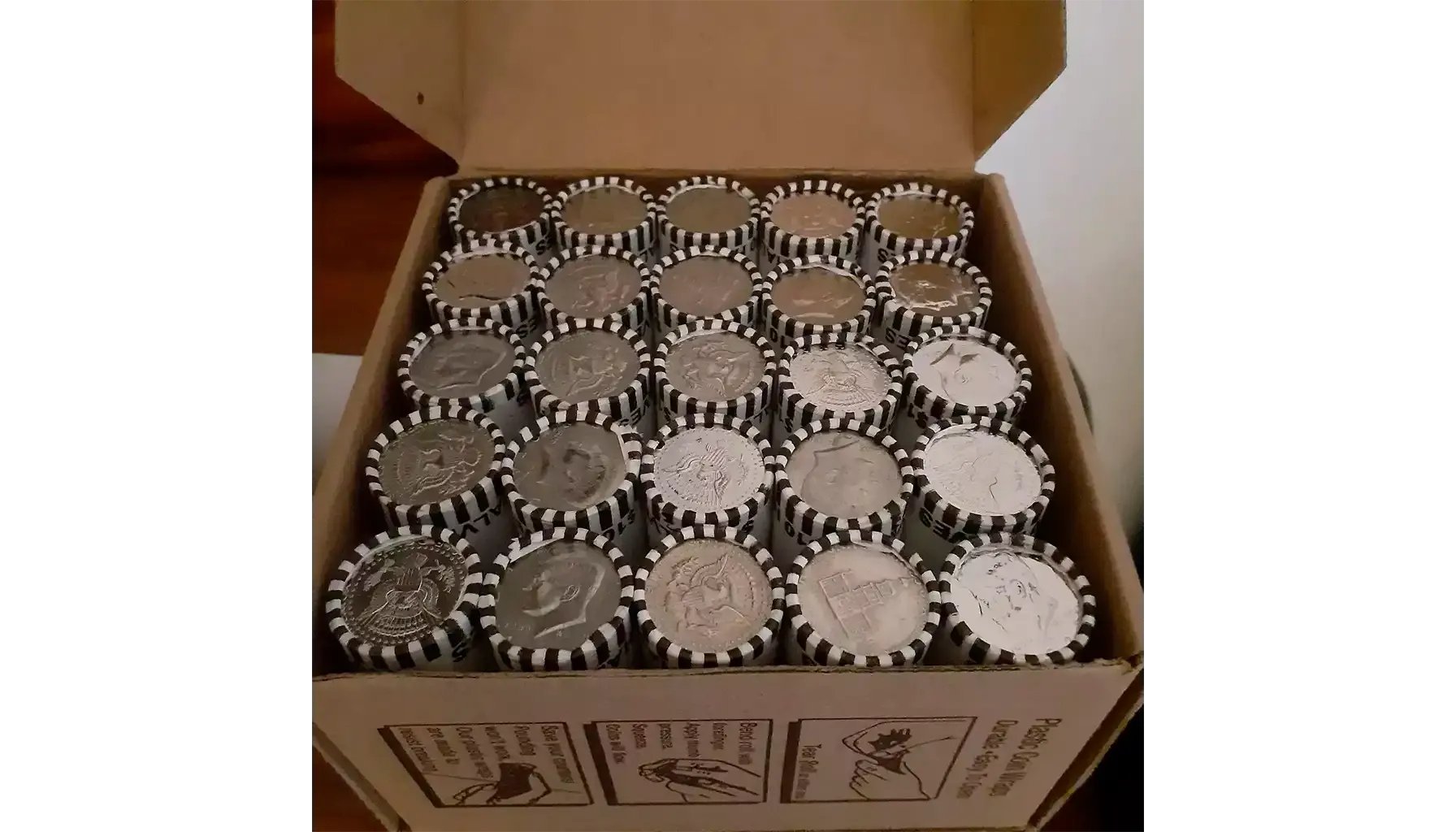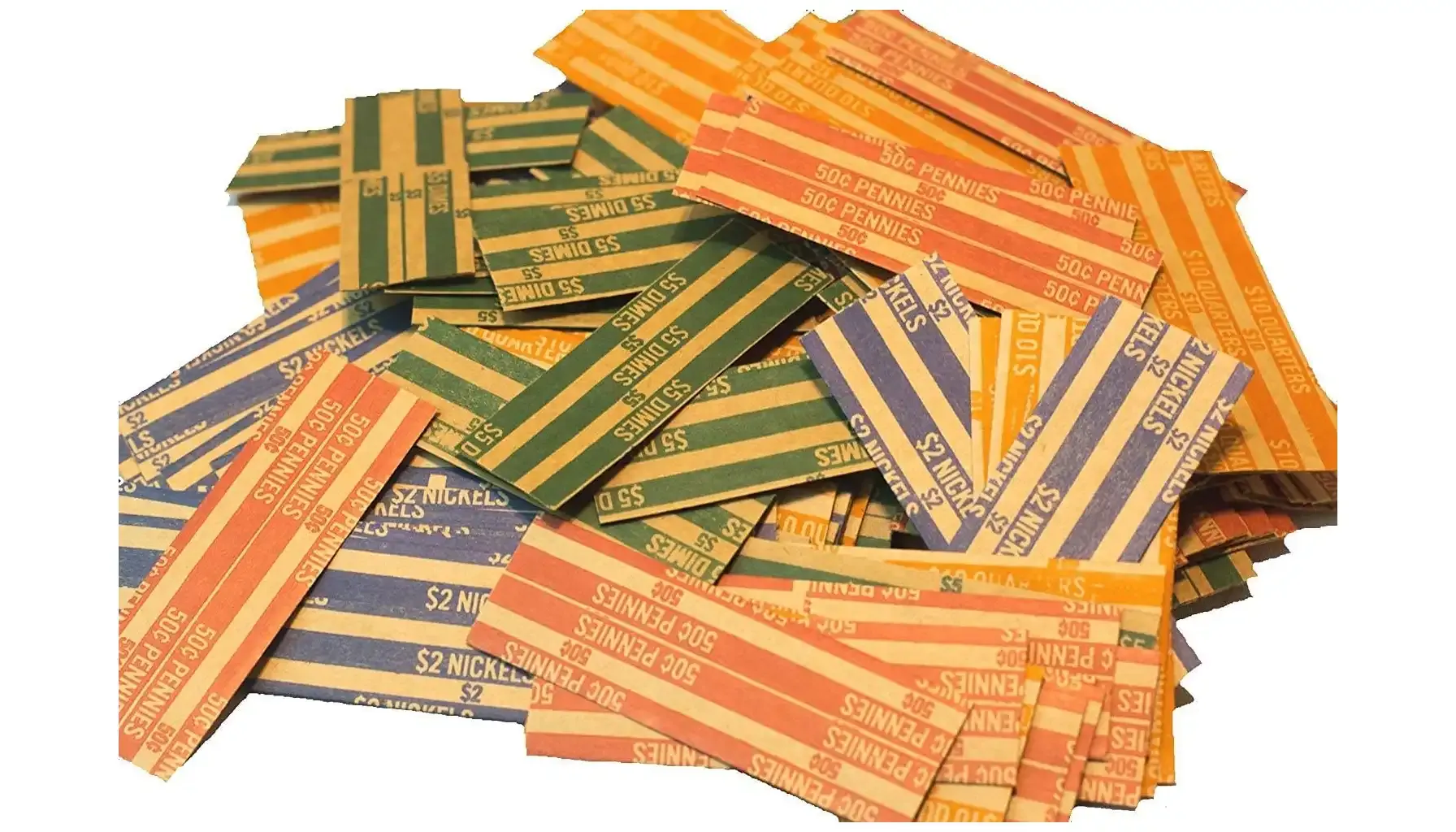Contents:
So, you've got your hands on some precious coins—let it be ancient currency or a shiny new collectible—and you're wondering "How to store coin collection so that it lasts for generations?"
When considering the best way to store coin collection, it's important to think about their types and how you wish to interact with them.
Holders and Flips
For individual specimens, especially those of significant value or rarity, holders and flips are great.
Types of Holders: There are various options, e.g., cardboard 2x2 holders with Mylar windows, plastic flips, hard plastic holders, etc. Each has its advantages in terms of cost, durability, and ease of use.
Materials Matter: When you choose holders or flips, take products that are made from inert, acid-free materials. PVC-containing plastics should be avoided, as they can release chemicals over time that may react with the metal in your pieces.
Make sure that specimens are securely placed within the holders to prevent movement, which can cause scratches.
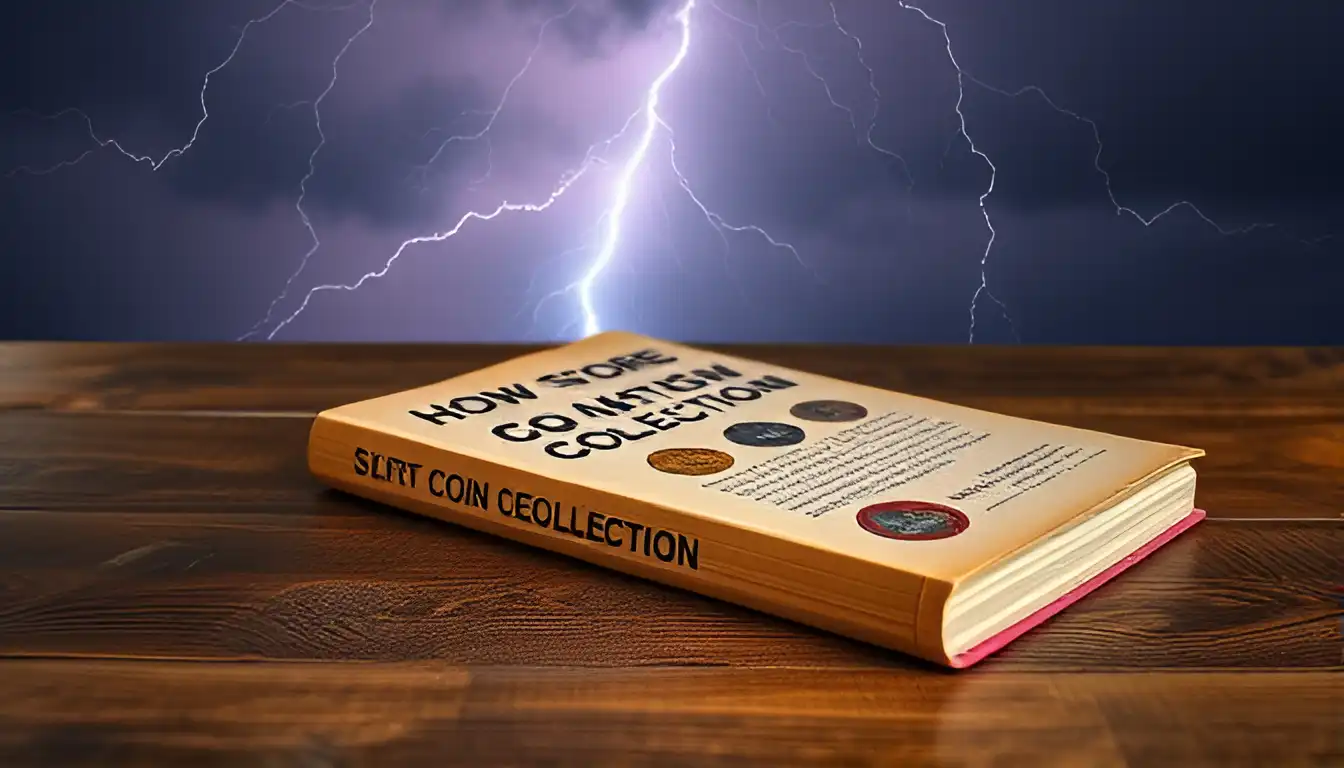
Albums and Folders
If organization and presentation are high on your list, coin albums and folders are excellent choices. So you can systematically arrange your collection, make it easy to display and reference.
Albums are useful for people who are collecting entire series, e.g., state quarters or commemorative ones. They often come with slots labeled for each coin in the series.
Protective Features: High-quality albums are designed to minimize contact with harmful substances. However, it's important to verify that the materials used are archival-safe.
Handling Considerations: Albums increase the risk of handling damage. Always handle albums with clean hands or gloves, and avoid touching specimens directly.
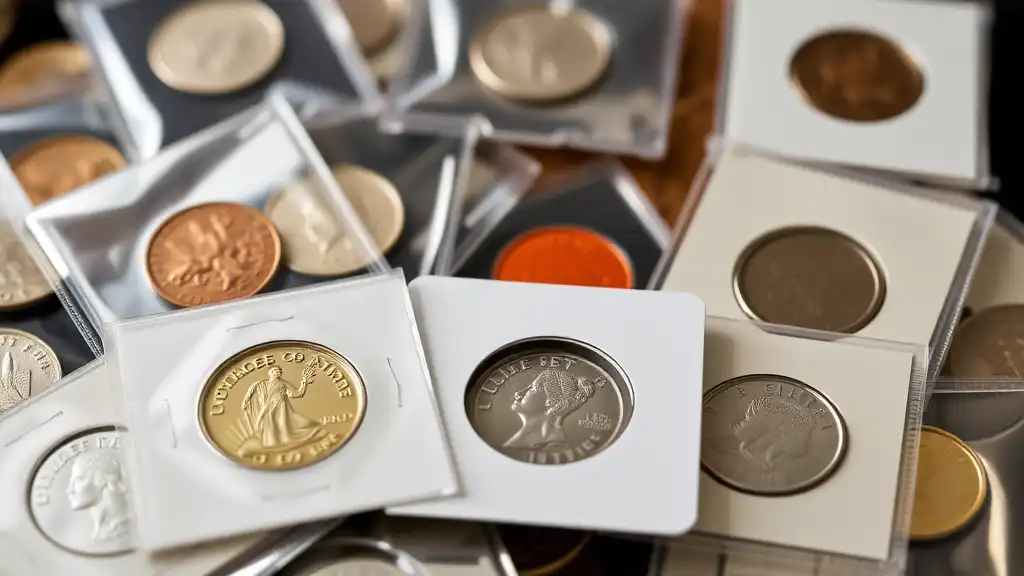
Capsules
For your most prized ones, coin capsules will be the best way to store coins for collections.
Airtight Seal: Capsules lock out moisture and air, and significantly reduce the risk of oxidation and tarnishing.
Clarity and Display: Made from clear, durable plastic, capsules allow you to admire pieces without direct contact.
Size Specific: Capsules are created to fit specific sizes snugly, so make sure that you select the correct dimensions for your coins.
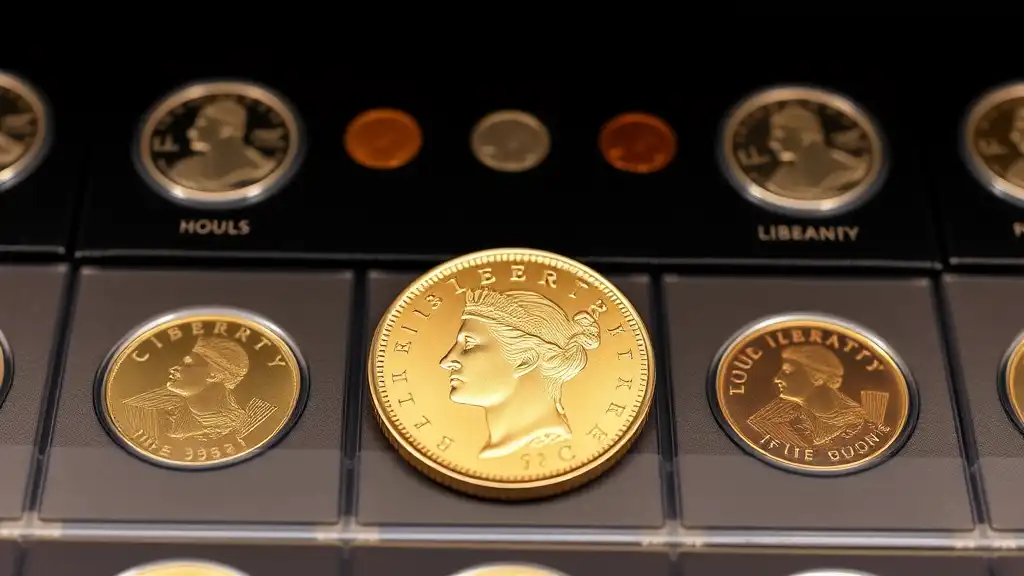
How to Store Coins in Bulk
Storage Boxes
They may be your answer to how to store coins at home DIY.
Compartments: These boxes often feature different slots or compartments. These prevent them from rubbing against each other.
Stackable Design: Many storage boxes are designed to be stackable. This, in turn, saves space and keeps your collection orderly at the same time.
Material Quality: Choose boxes that are made from acid-free materials to avoid chemical reactions that could damage your pieces over time.
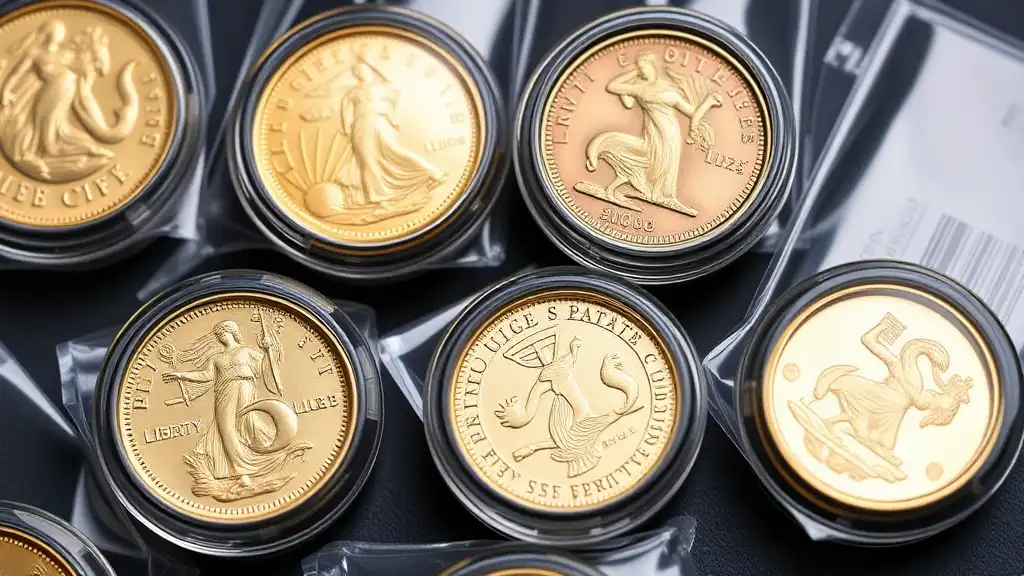
Tubes
These are cylindrical containers with which you can hold multiple pieces of the same size.
Efficiency: They allow you to store compactly. This is convenient for rolls of pennies, nickels, dimes, quarters, etc.
Protection: How to store a coin collection safely for a long time? These tubes prevent them from shifting excessively and reduce the risk of edge damage.
Labeling: It's advisable to label each tube with the type and quantity for easy inventory management.
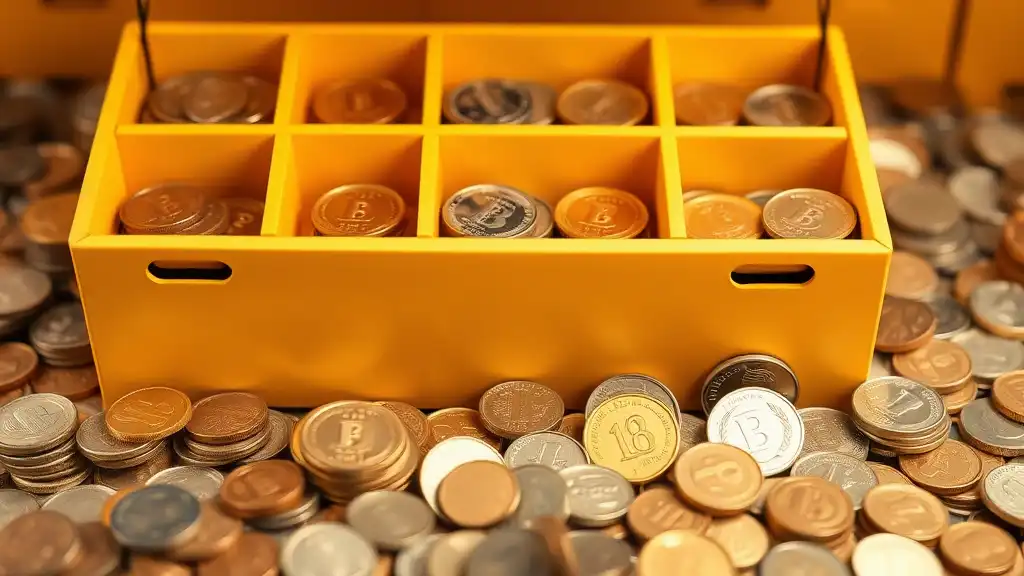
Related article: Paper money errors.
The Best Way to Store Coins Long Term
1. Temperature and Humidity Control
The environment plays a huge role in preservation. The ideal way of how to store old coins and prevent oxidation or tarnishing is by maintaining a stable, low-humidity environment. Use silica gel packs in your storage areas, as it can absorb excess moisture.
2. Avoid Handling Without Gloves
One simple rule is: Always handle your pieces with gloves! The oils from your skin can cause irreversible damage over time, especially on older specimens. If you wonder how to store collectible coins, always remember this rule.
You may want to make your coin collection safe and sound. This is about environmental damage, of course, but also about theft or accidents. When you consider how to store silver bars and coins at home (or gold, or any) with maximum security, a fireproof and waterproof safe for coin collection is a great investment.
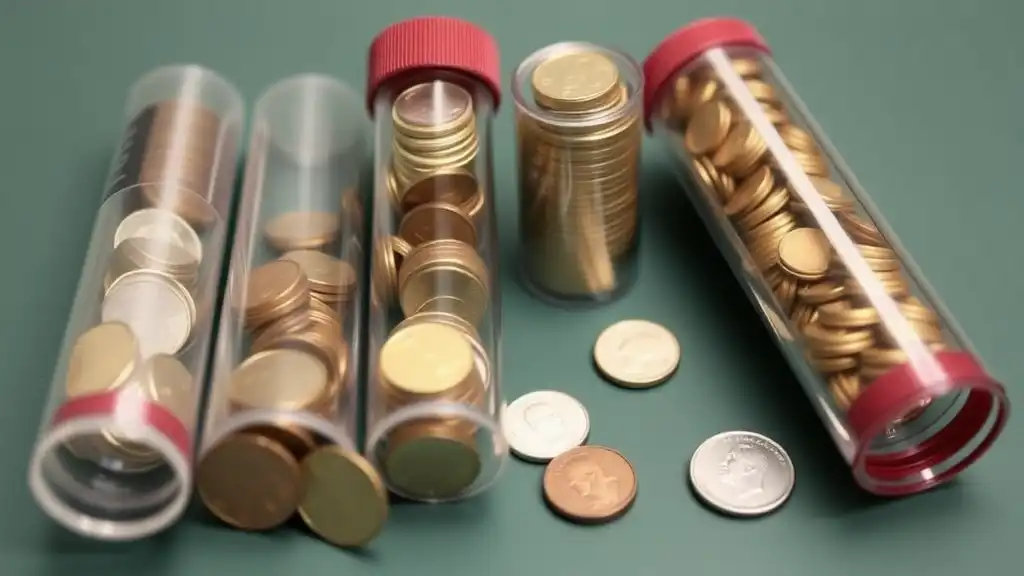
How to Store Gold Coins
Use Capsules: Store each gold piece in an individual capsule. These offer excellent protection from dust, scratches, and environmental factors while allowing you to see it clearly.
Avoid Contact with Other Metals: Never store them with metals that can tarnish or corrode.
Choose a Secure Storage Location: Opt for a fireproof and waterproof safe for home storage, or a safety deposit box at the bank.
Store in a Dry, Temperature-Controlled Environment
Avoid Direct Sunlight: The best way to store gold coins? Remember that prolonged exposure to sunlight can cause fading of certain finishes or affect the container material.
Tips for Storing Gold Coins
Don’t Overcrowd: Give them ample space within their capsules or storage containers.
Invest in Anti-Tarnish Strips: Storing in conjunction with anti-tarnish strips can keep your storage containers free from dust and moisture.
Security: For large collections, a high-security, fireproof home safe is ideal.
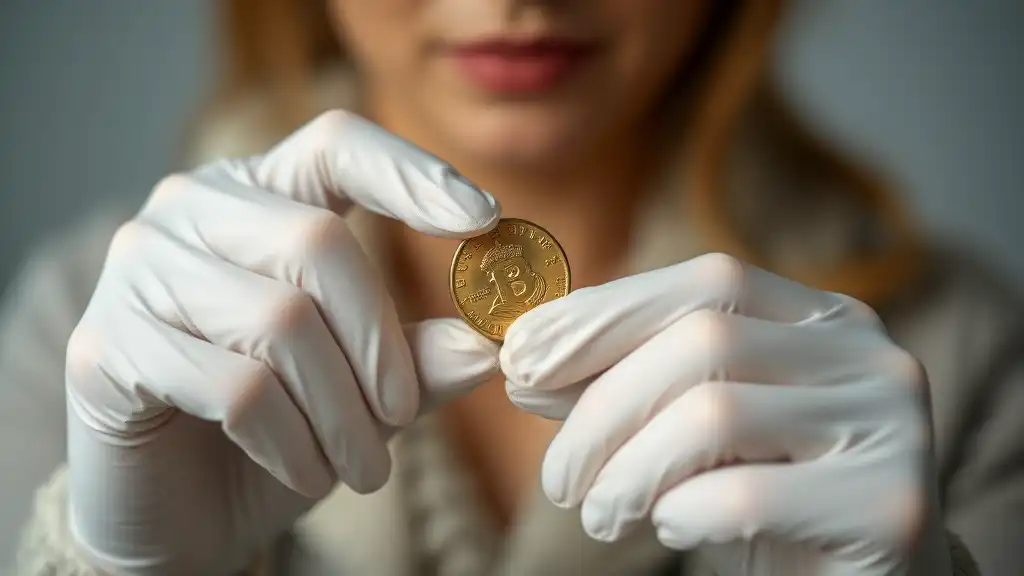
How to Store Silver Coins at Home
Use Non-PVC Flips or Capsules: They are prone to tarnishing. Store them in clear, non-PVC flips made of Mylar or a similar inert material.
Humidity Control: What is the best way to store coins? An environment with low humidity. Use silica gel packets or dehumidifiers to help control moisture levels in your storage area.
Store in a Cool, Dry Place: Choose a storage location that is neither too hot nor too cold.
Avoid Cleaning: The best way to store silver coins? Never clean them, as this can scratch or damage the surface. Let natural patina form over time.
Tips for Storing Silver Coins
Use Anti-Tarnish Strips: If your silver pieces are likely to be stored for long periods, consider using anti-tarnish strips inside the holders.
Keep in a Separate Container: To further protect silver from tarnishing, store them separately from others.
Store in a Safe Place: For optimal protection, use a secure, fireproof, and waterproof safe, or a bank safety deposit box.
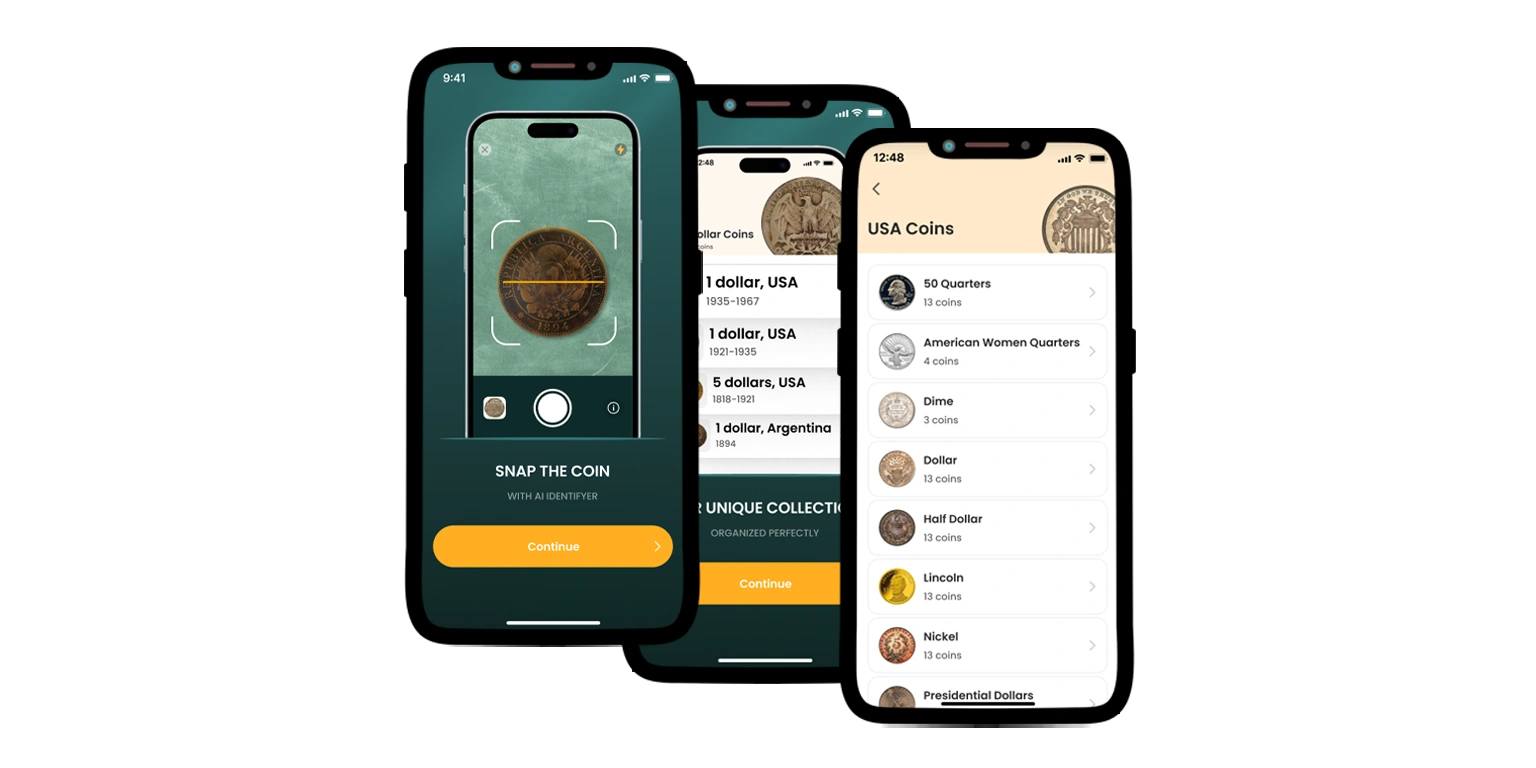
Final Tips on How to Store Coins for Collecting
Label and Catalog: Always label and catalog your collection for easy identification. Here, you can try a free coin identifier app.
Regular Inspections: Inspect your collection regularly for any signs of damage.
Stack Smartly: If you're storing coins in boxes, don’t stack them too high—this could cause pressure damage over time.


